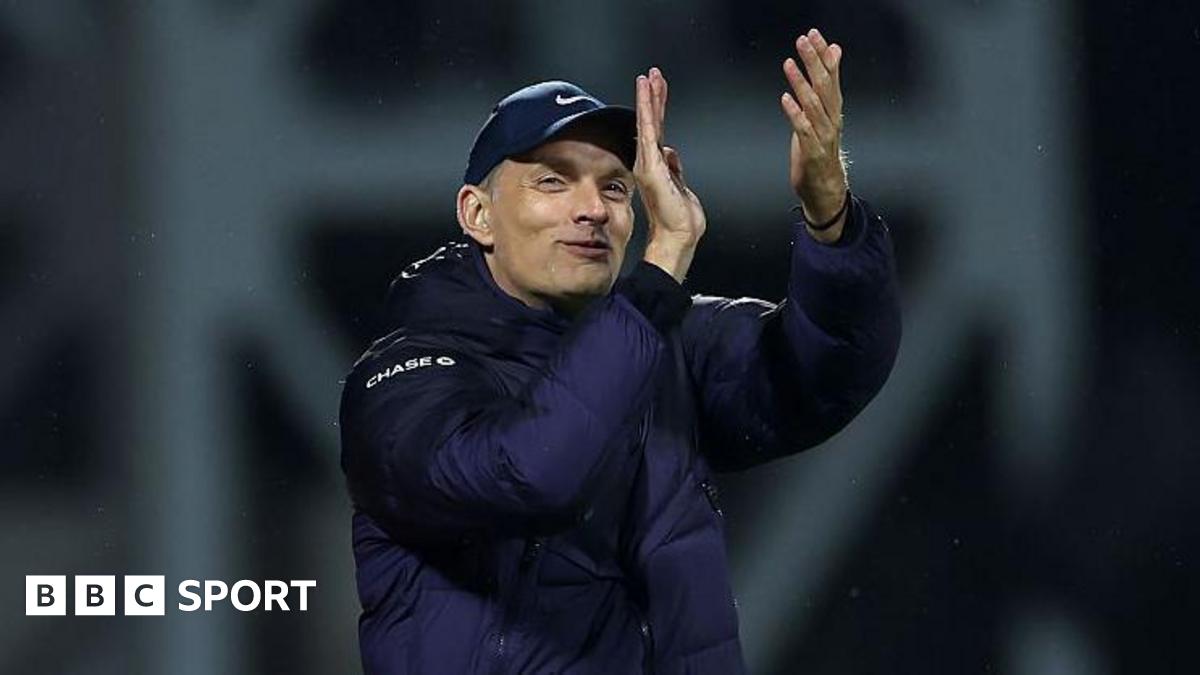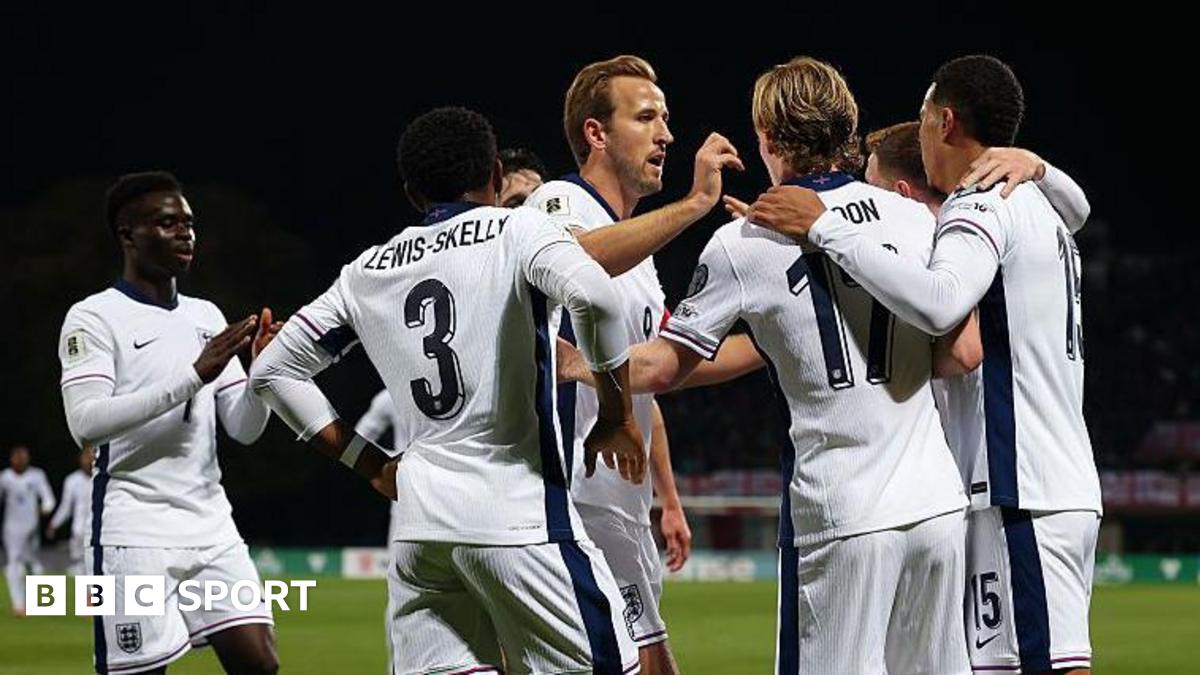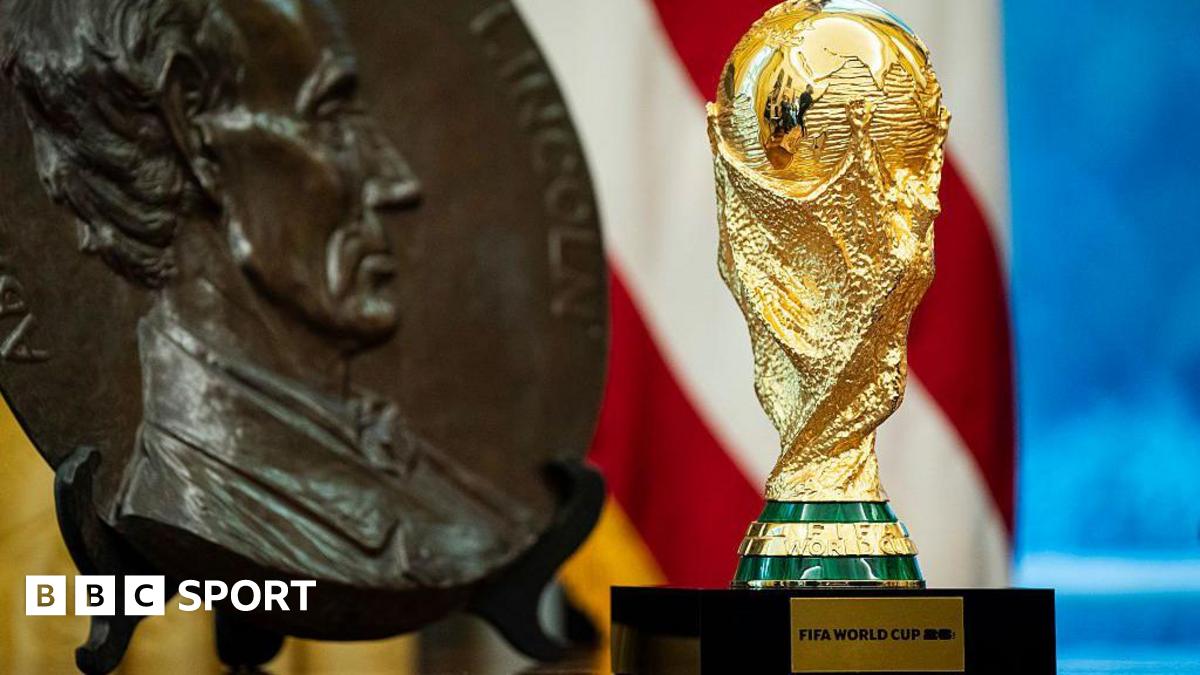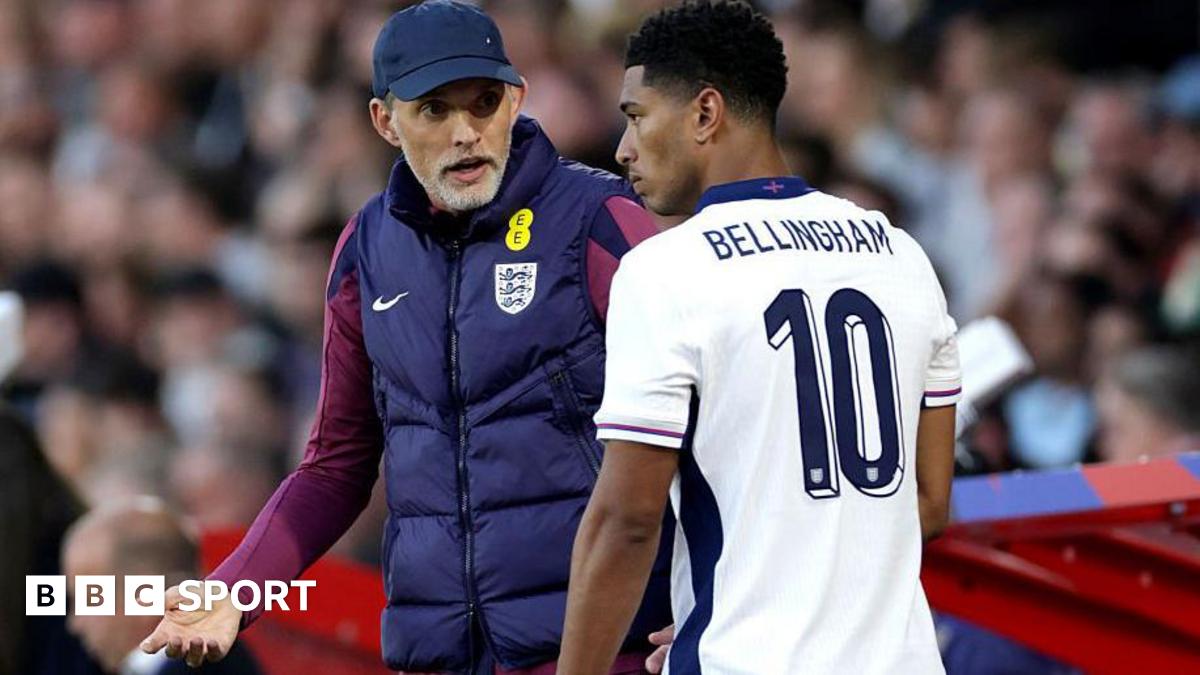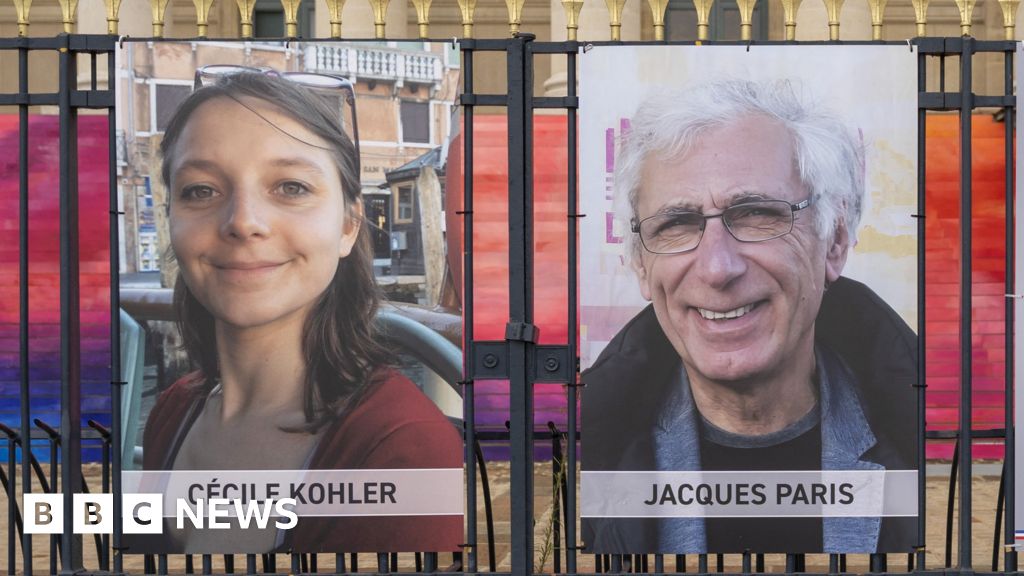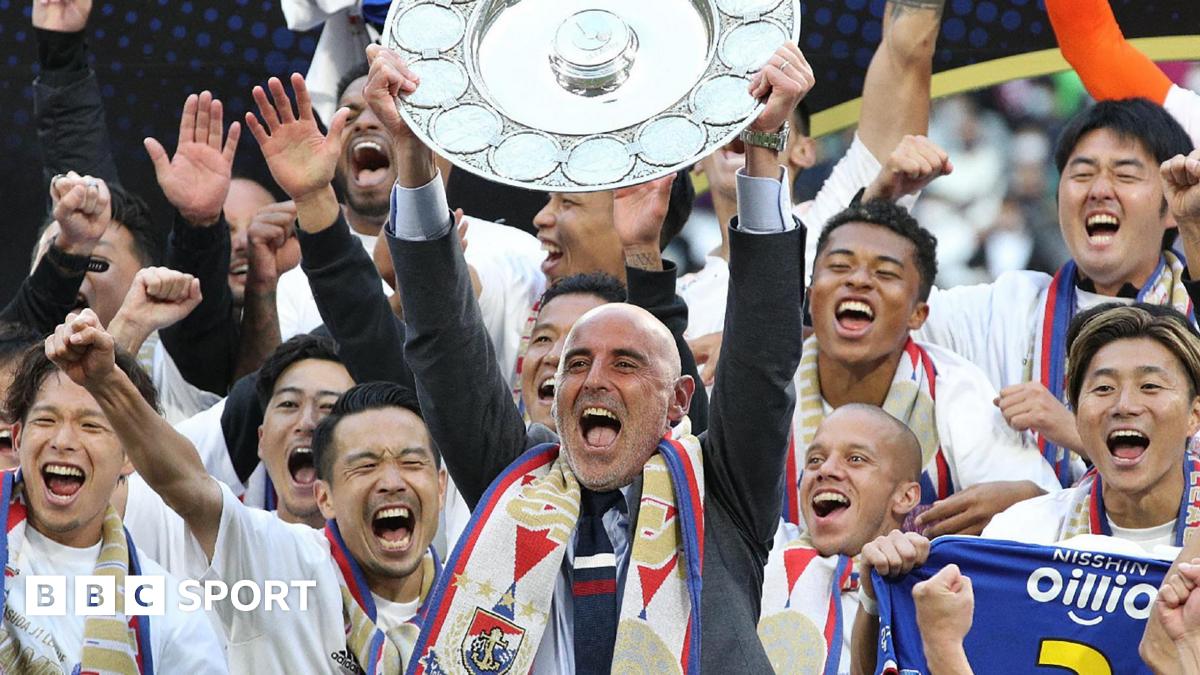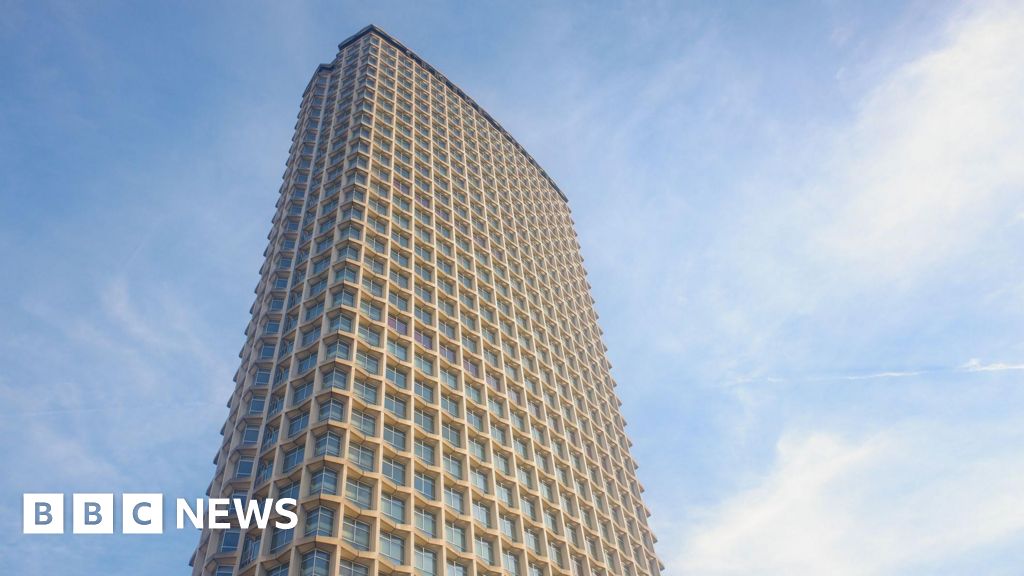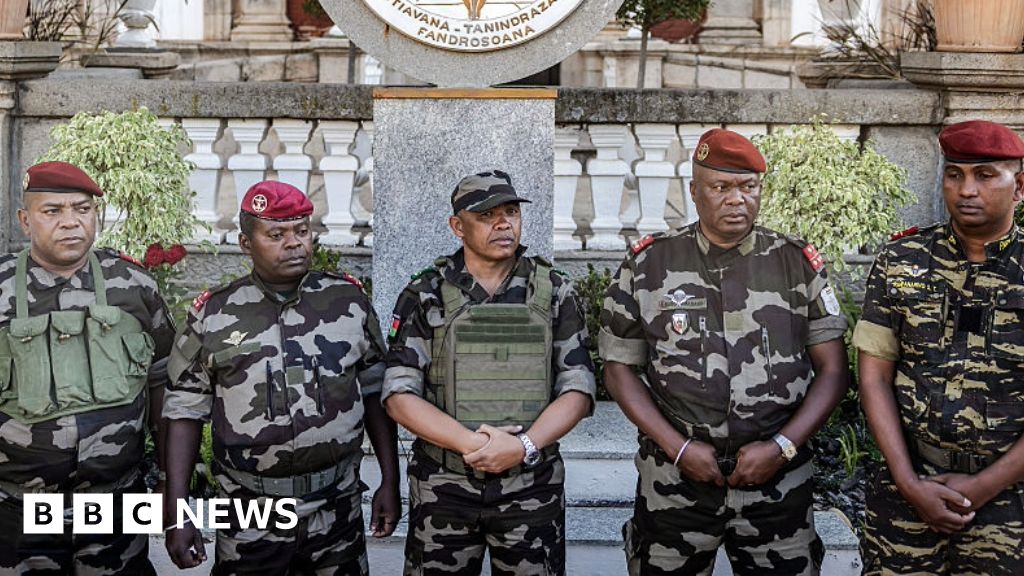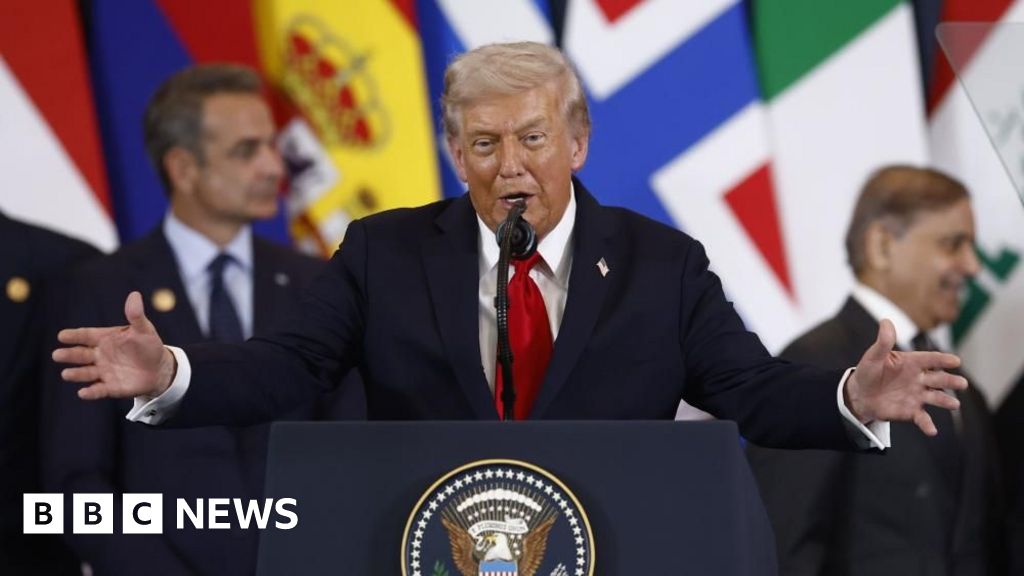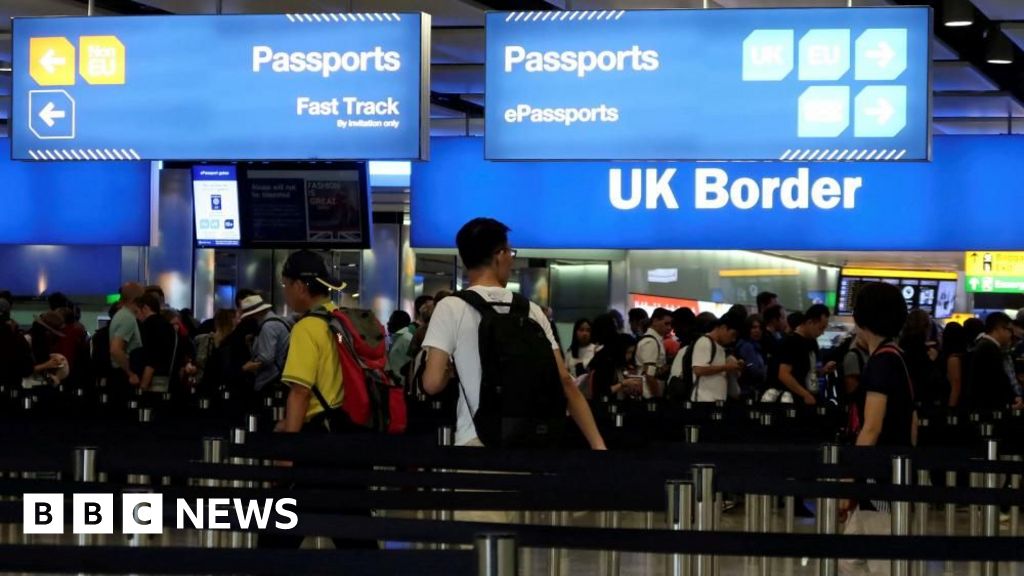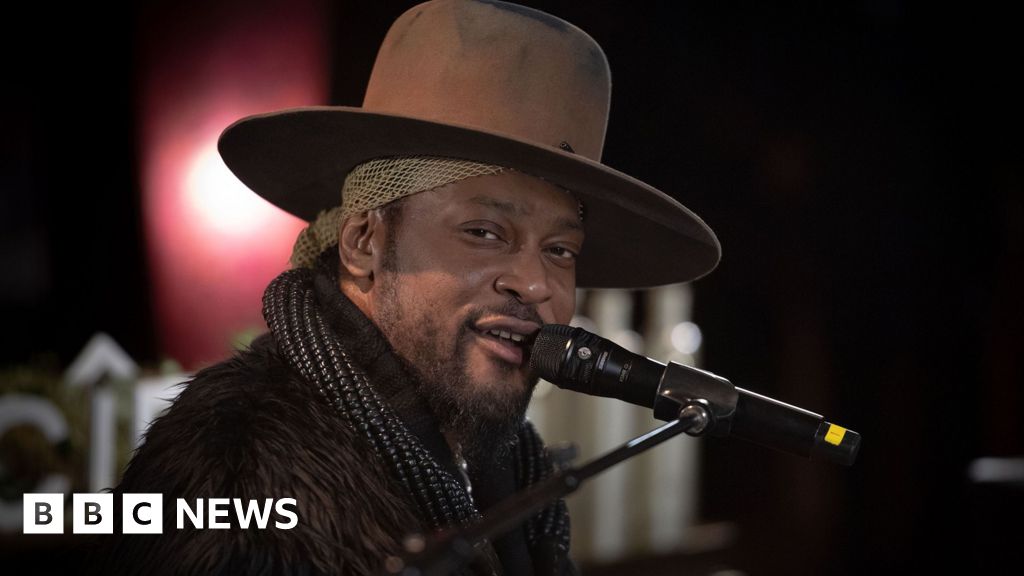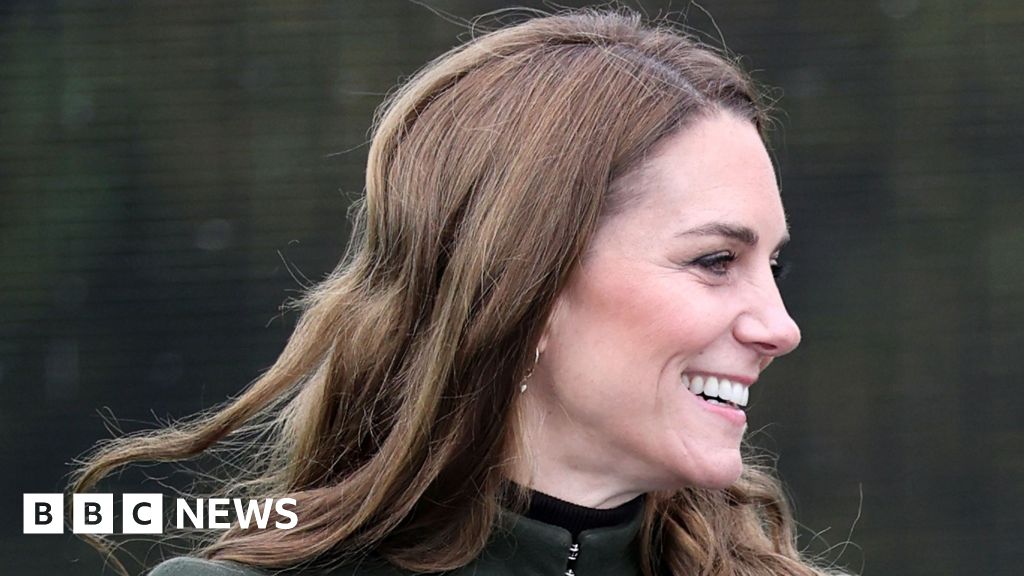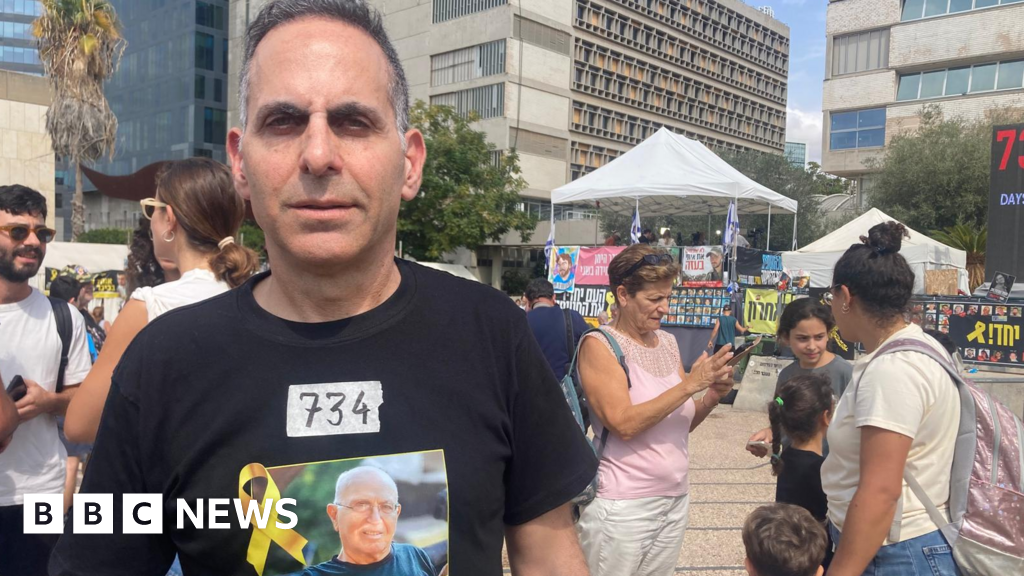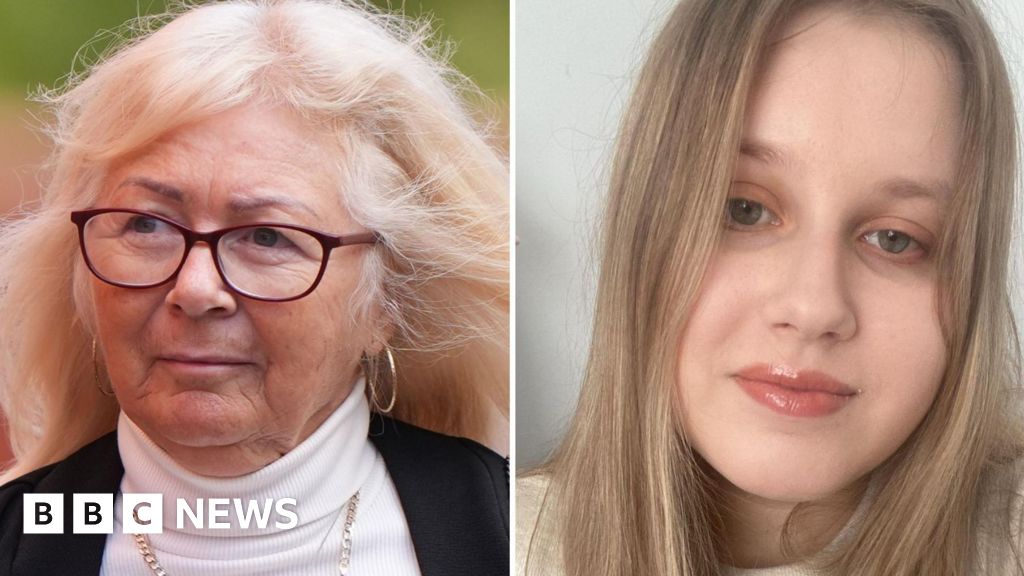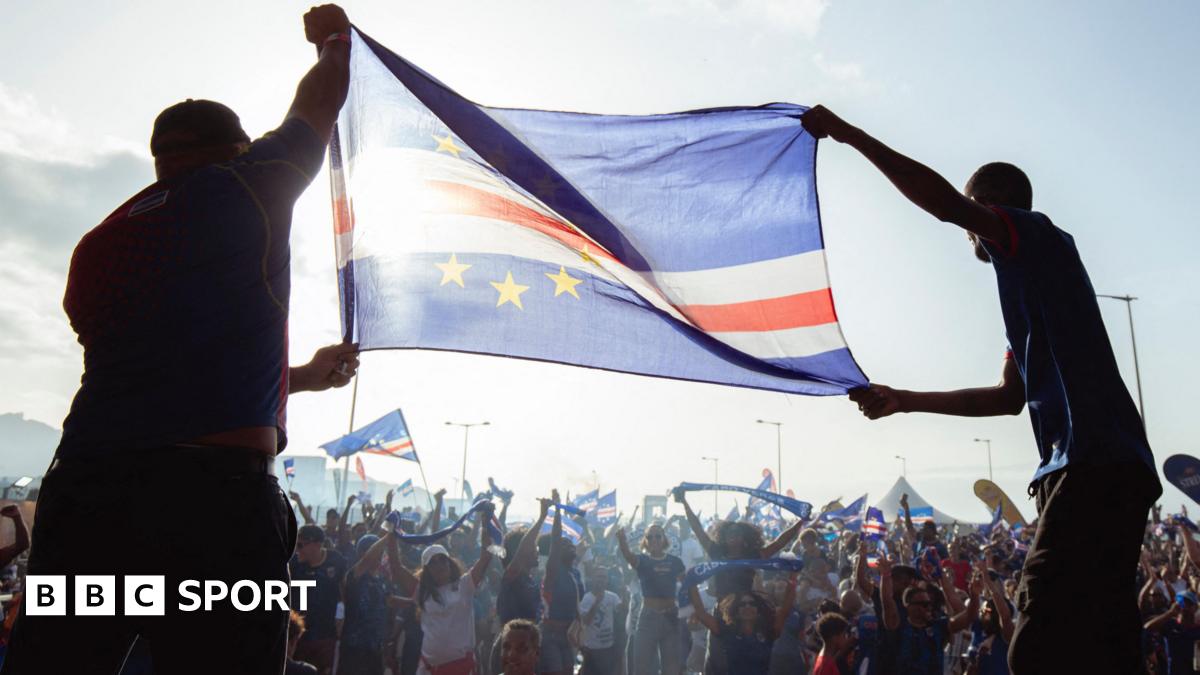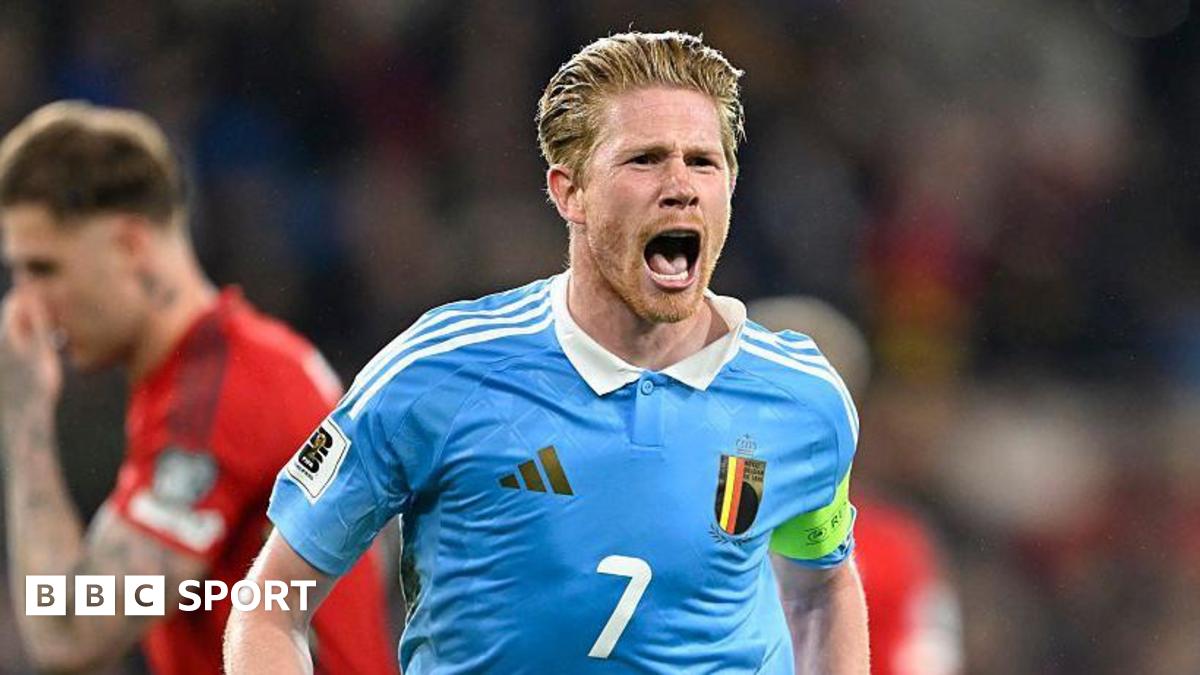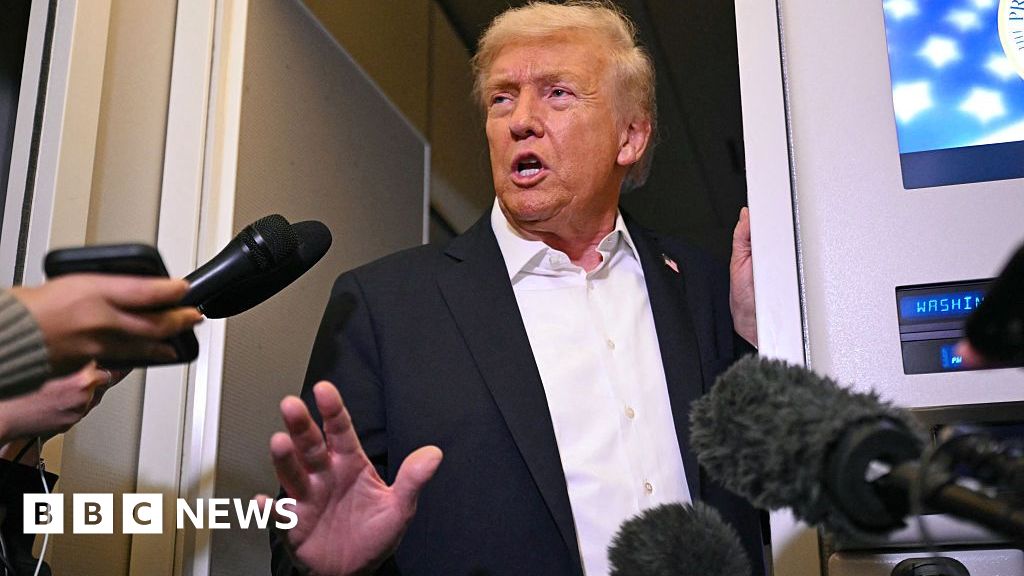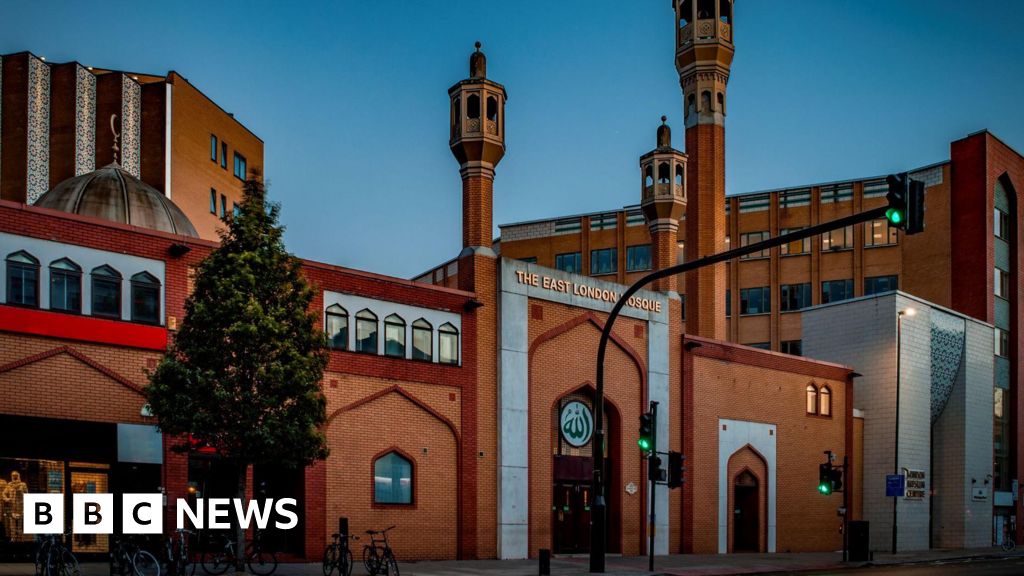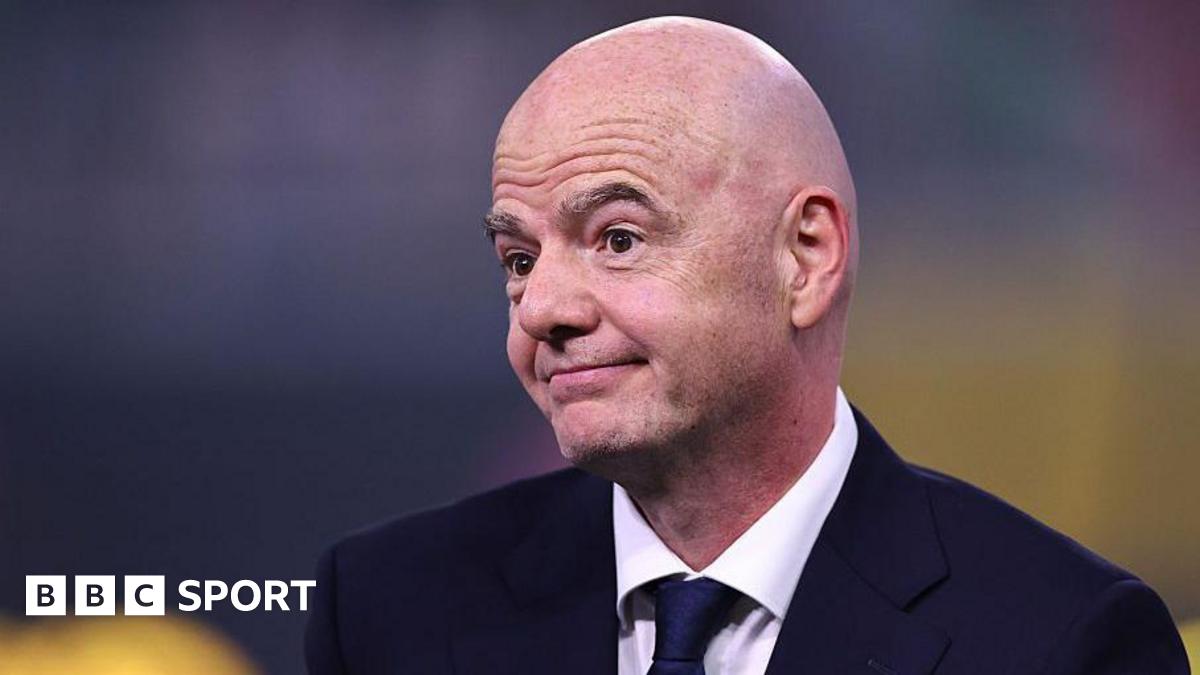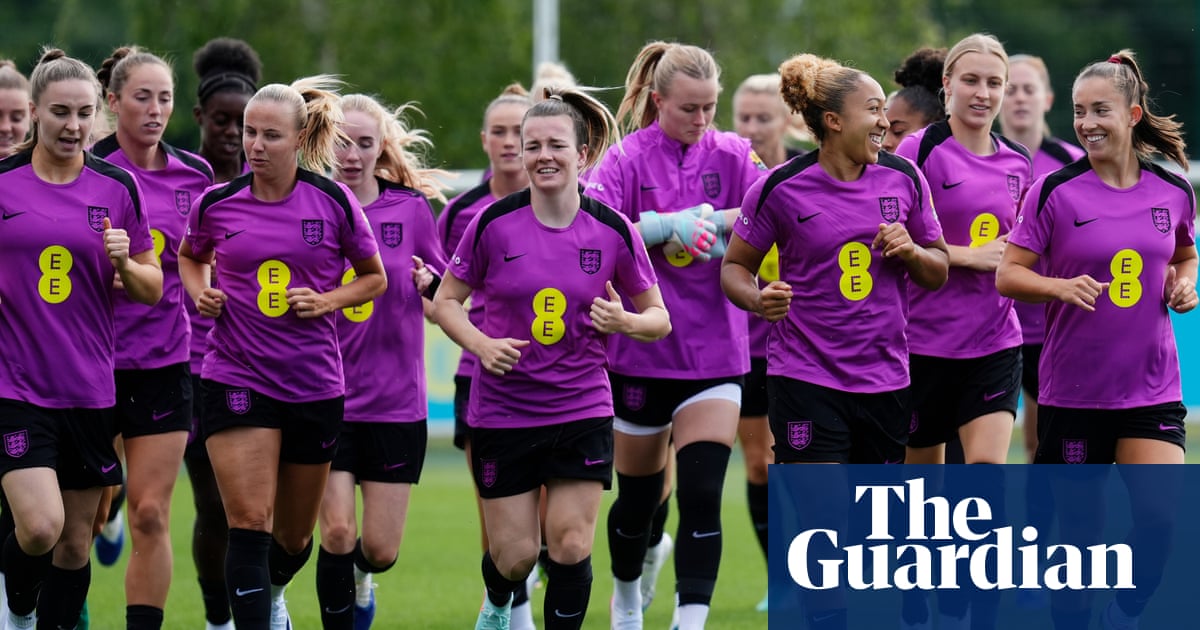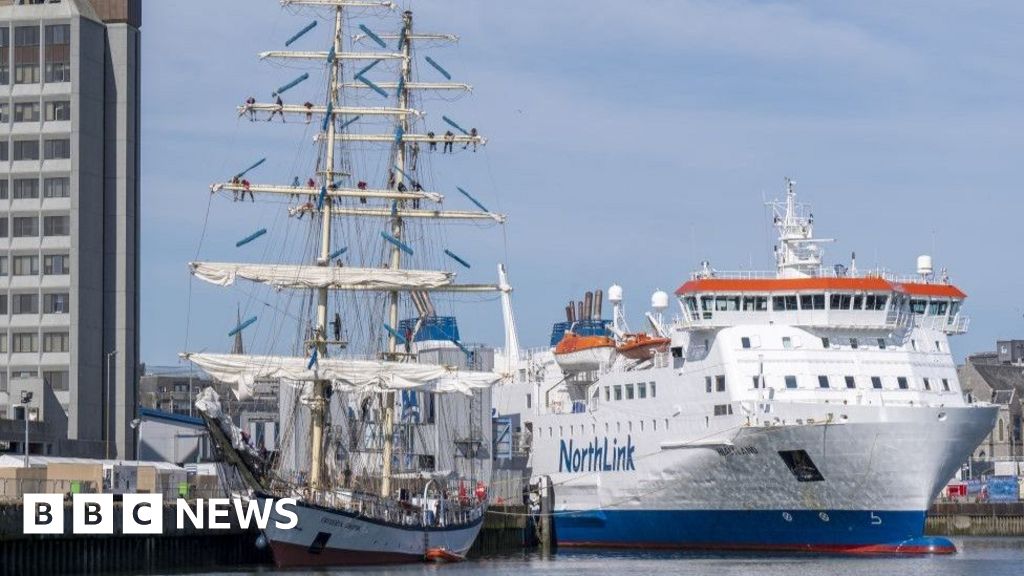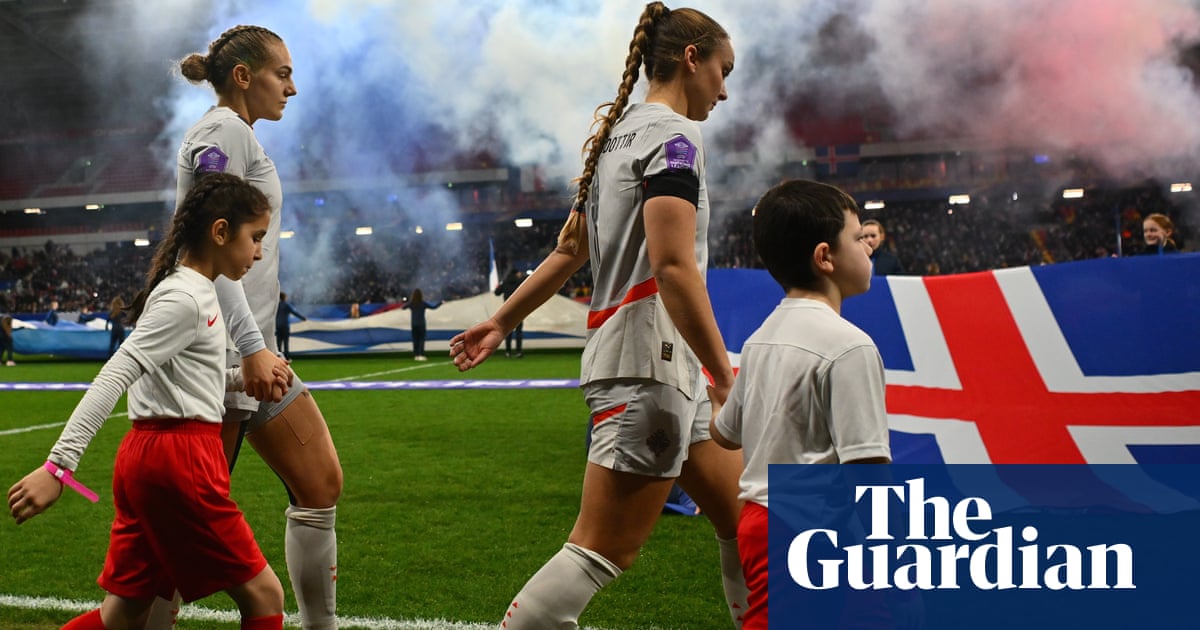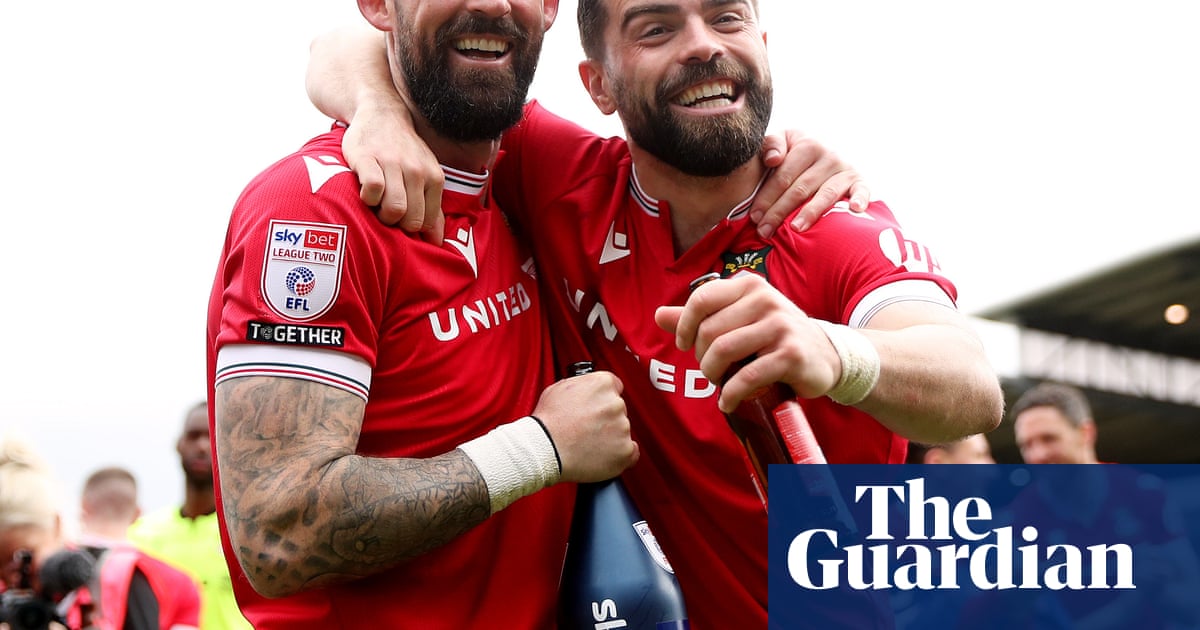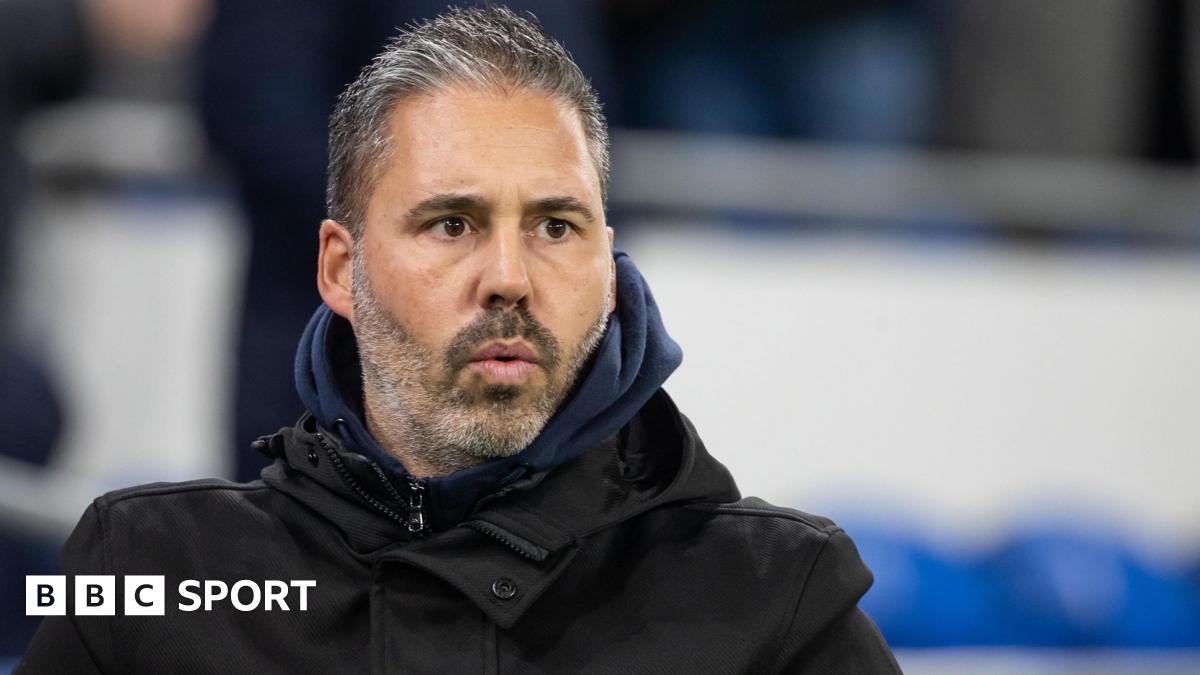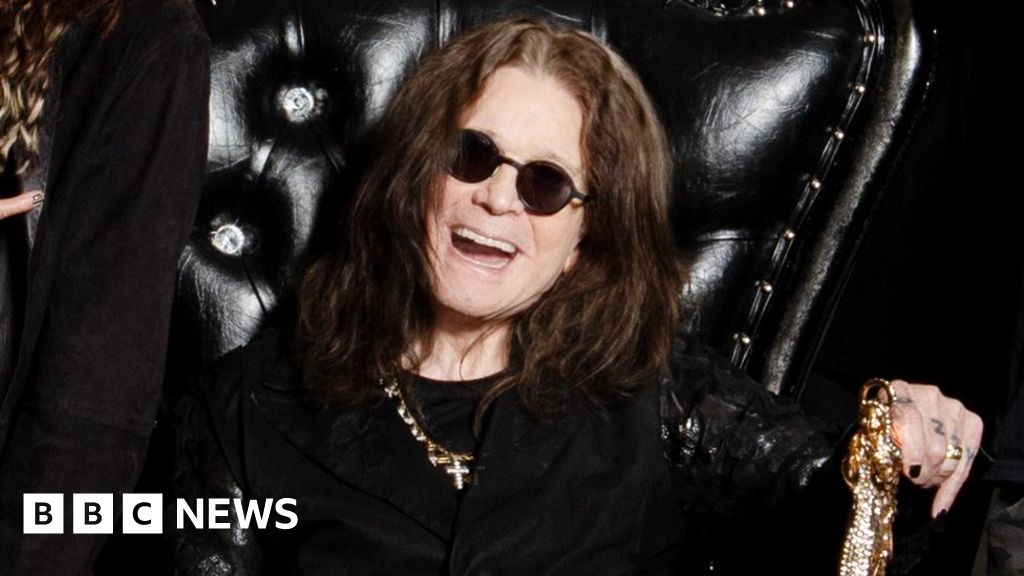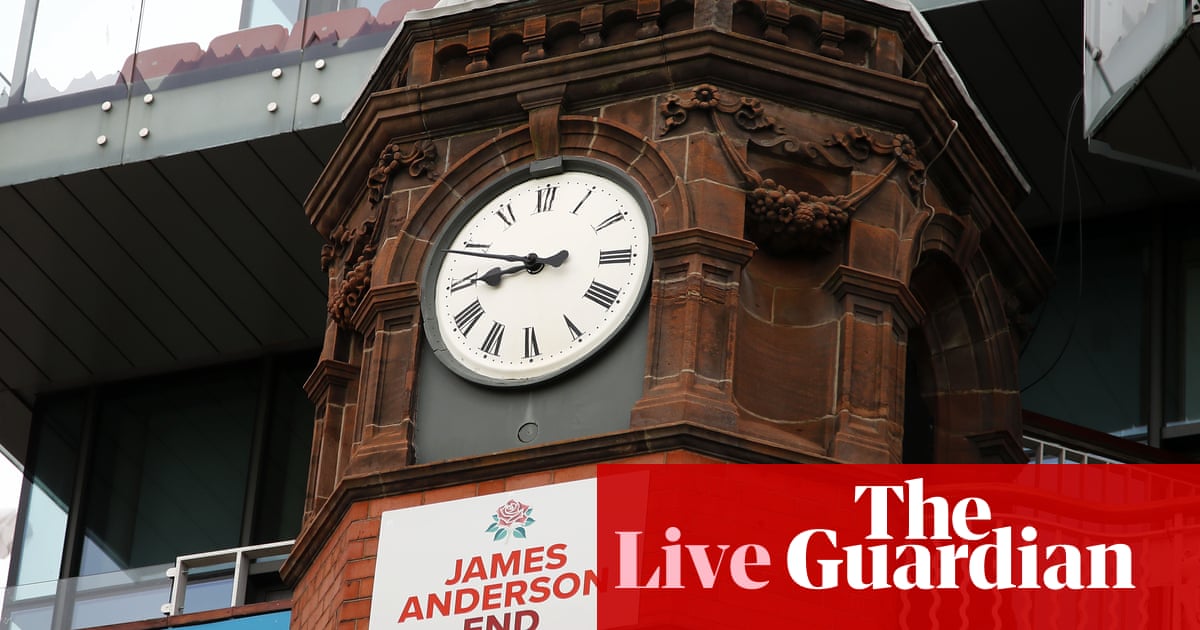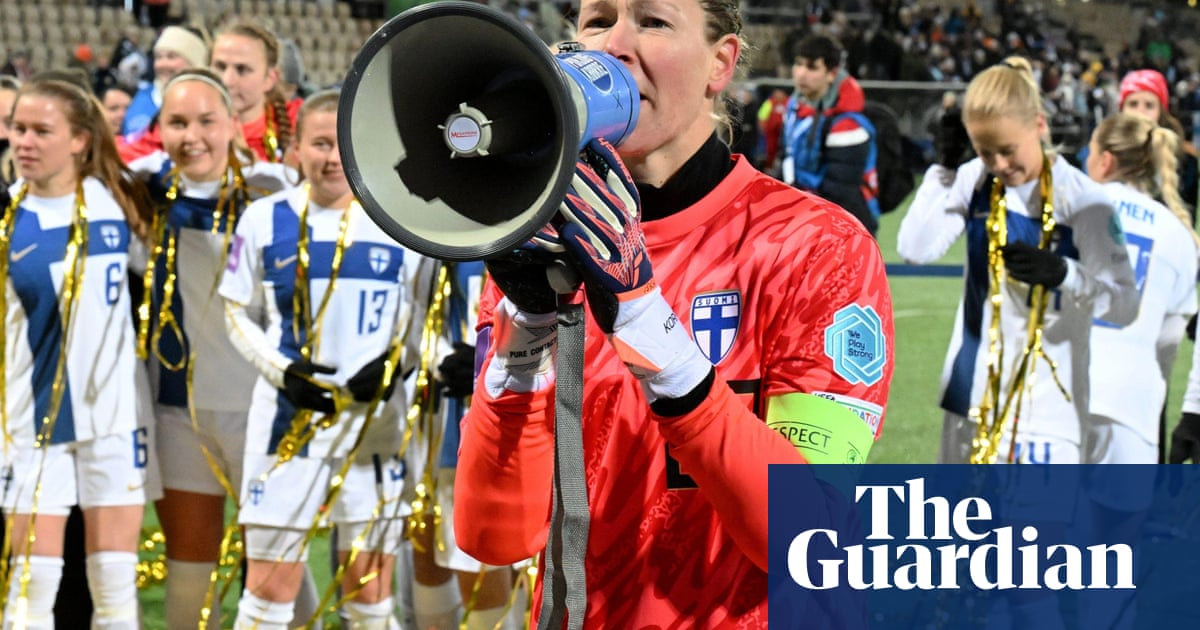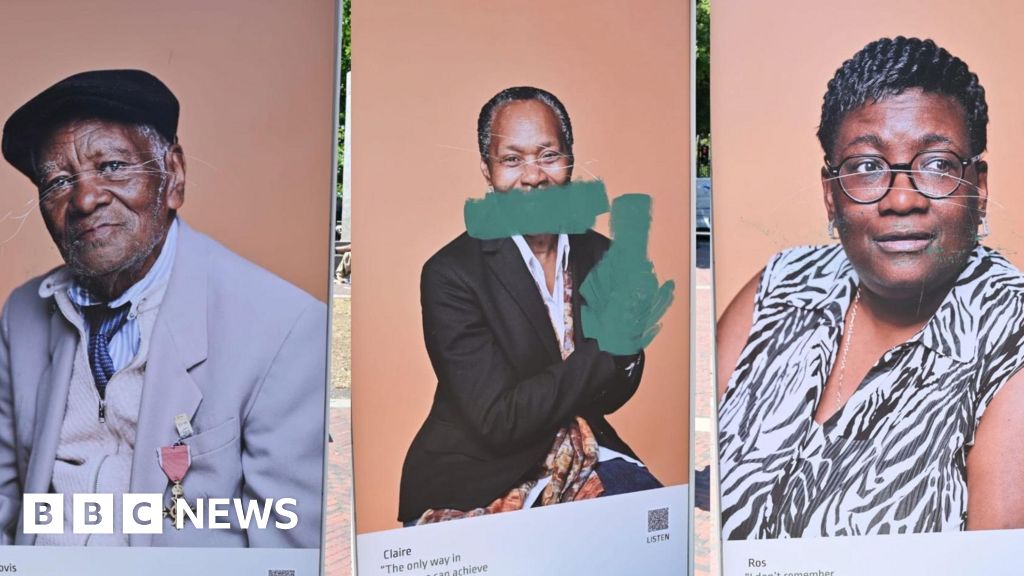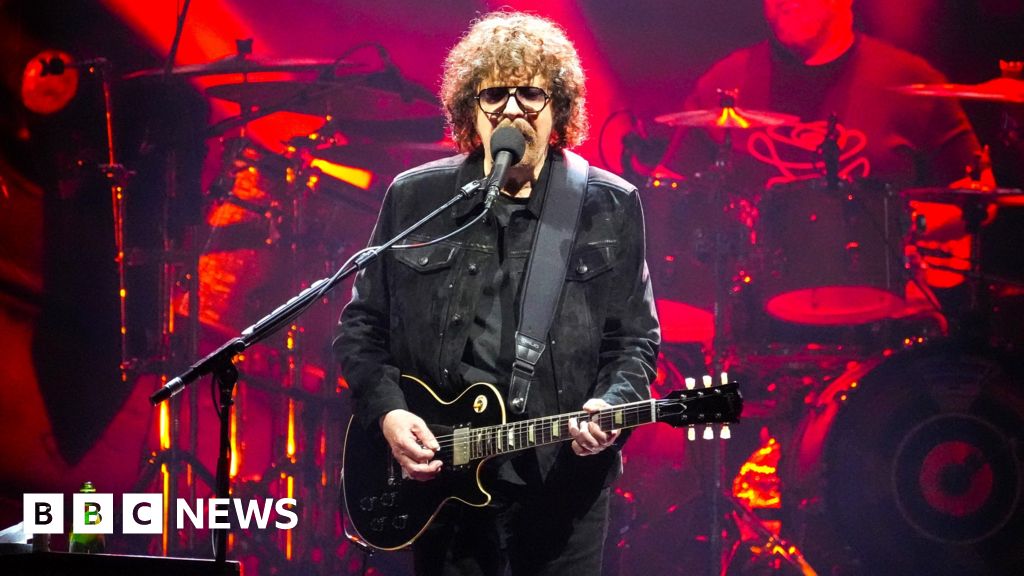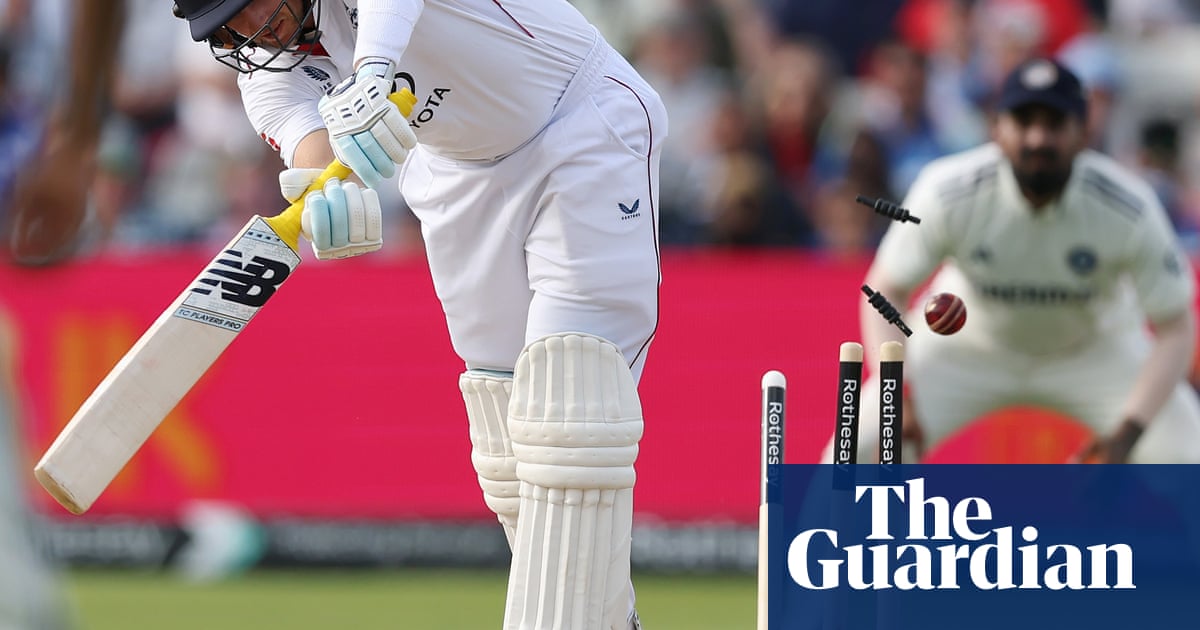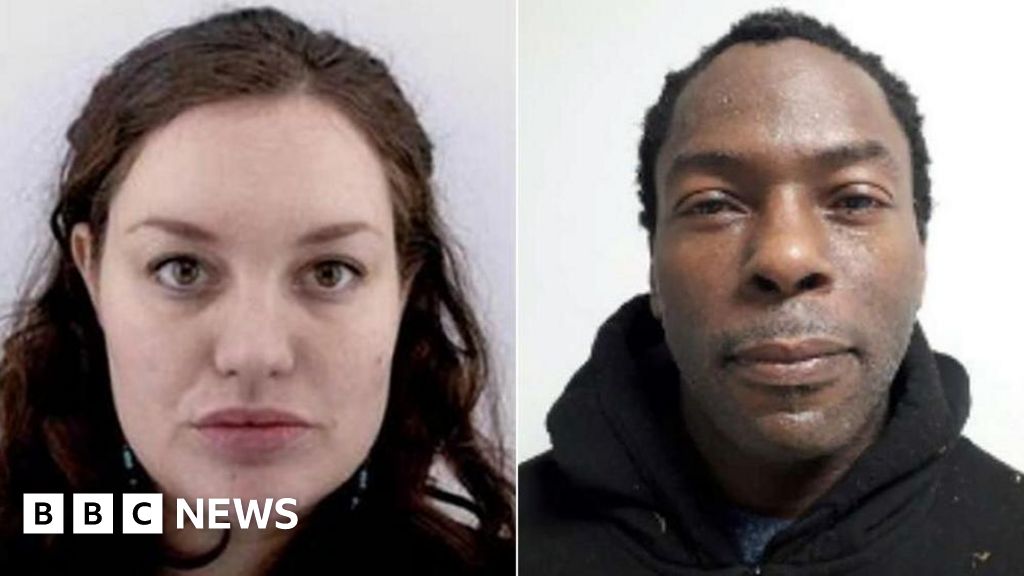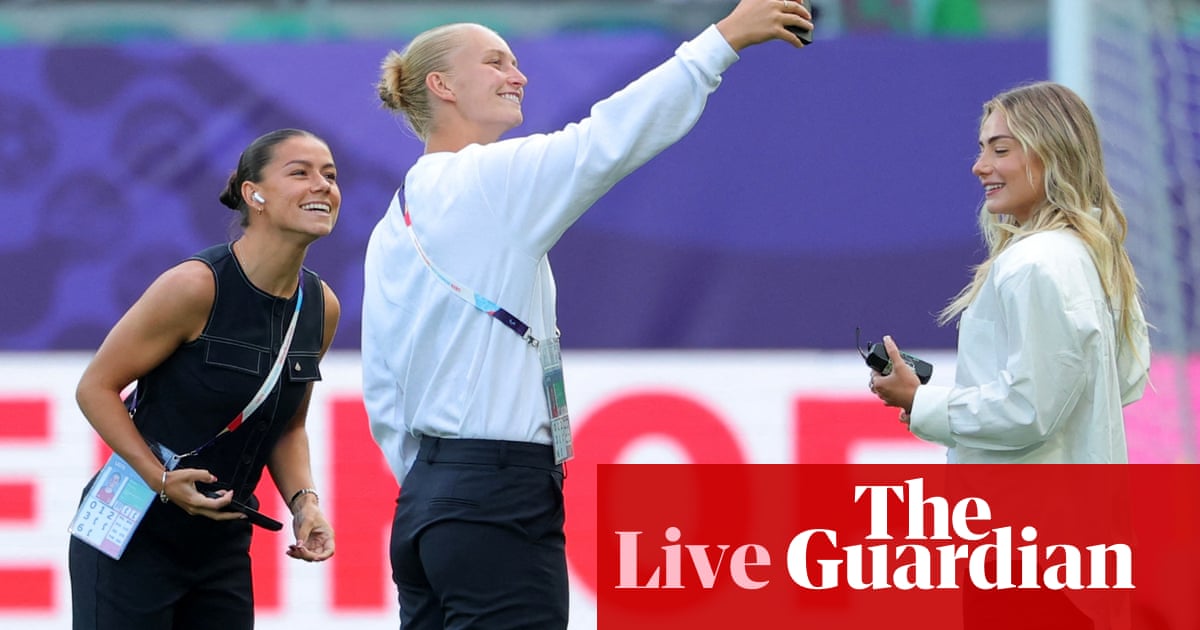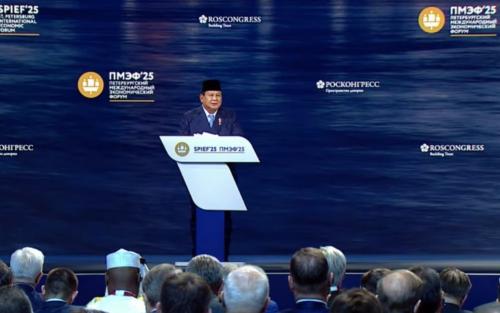Vanessa ClarkeEducation reporter

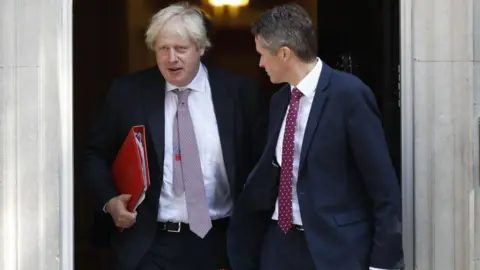 Getty Images
Getty Images
Gavin Williamson's evidence to the Covid inquiry highlighted a number of disagreements with then-Prime Minister Boris Johnson
Former Education Secretary Gavin Williamson accused ministers of "not putting children first" when making the "unnecessary" decision to close schools in January 2021, the Covid inquiry has heard.
He said one argument made in favour of closing schools at the time was that it was "like smashing a Ming vase on the floor to get people's attention", which he said pointed to a "lack of seriousness" in government.
He said then-Prime Minister Boris Johnson "chose the NHS over children" at the time, adding that he believed "the consequences for children weren't properly taken into account".
This part of the inquiry is looking at how the pandemic impacted children and young people.
Williamson told the inquiry on Tuesday he had thought he had "won the argument" around children going back to school in January 2021, "but events overtook".
The inquiry was shown an expletive-laden text Williamson sent to the then-prime minister that February, in which he said he had taken "abuse" for the government's decision to shut schools one day after they reopened.
It was one of several disagreements with the prime minister which were highlighted in Tuesday's evidence.
He also accused Johnson of giving parents "a false sense of hope" when he announced a phased return to school in May 2020.
He said this promise was "destined to fail" because of social distancing rules at the time.
"There was no physical way we could do it [reopen schools] without asking every school to basically break the law," Williamson said.

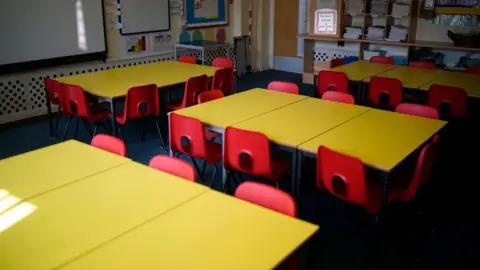 Getty Images
Getty Images
Schools were closed on 5 January 2021, one day after they reopened
Elsewhere, the former education secretary said he regretted the lack of planning that went into school closures at the start of the pandemic.
"I readily accept that there were many mistakes that were made," he said.
He apologised to the inquiry for failing to pay more attention to scientific evidence published in February, which suggested school closures could delay or reduce the peak of the pandemic.
The government should have "bitten the bullet" and made a plan for school closures, he said, adding that he had made an error by "sticking with the plan" to keep schools open, as that was the focus of the government in March 2020.
It was only overnight on 17 March 2020 that a plan was put together to close schools, before an announcement was made the next day.
"I regret that and wish we had very much done it differently," Williamson told the inquiry.
"But we were at the time acting in what we believed was the best interest and under the best guidance."
He also said it probably would not have been "allowed" to start preparing for the closure of schools without approval from Downing Street.
"Something like Covid is being directed from the centre, in terms of different departments' responses," he said.
"You don't have quite the freedom just to go and start going out and consulting with lots of people."
Over the last two weeks, the inquiry has heard from various head teachers who said they started making their own plans for school closures weeks before any announcement was made.
Lyndon Lewis, a head teacher in Wales, said he and three of his staff met an IT expert at a service station on the M4 to find out how to use Google Classrooms.
Sir Jon Coles, from United Learning, who has previously worked at the Department for Education, told the inquiry he started planning for school closures a week before the announcement for the more than 50,000 children in his trust.
He said he "fell off his chair" when he heard Williamson's submitted written evidence which said the government had no plan in place.
On Tuesday, Williamson rejected Sir Jon's accusation that the lack of planning represented a "dereliction of duty", but conceded that "the depth of the challenge we were facing hadn't been properly grasped".
"I readily accept I am secretary of state and it was my responsibility," Williamson said on Tuesday.

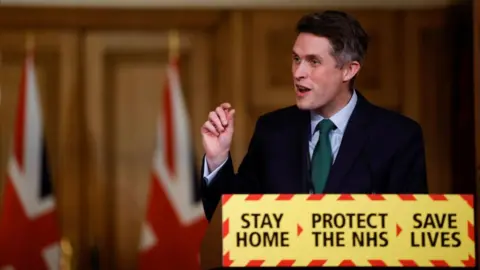 Getty Images
Getty Images
Gavin Williamson was the education secretary in 2020 and 2021 when exams were cancelled due to the pandemic
Tuesday's evidence also touched on the exams debacle of August 2020, in which the government had to U-turn on its model for awarding grades after exams were cancelled earlier that summer.
Williamson admitted he knew ahead of time that "there were some students who wouldn't get the grades they would deserve".
That was "not the right approach", Williamson told the inquiry.
Students were ultimately awarded teacher-assessed grades, which led to a boom in top marks.
But Williamson said Ofqual, the exams regulator, was responsible for some of the fiasco, saying that if he had pushed them to use teacher-assessed grades in the first place, they would have "resigned".
Representatives for Ofqual have not yet appeared at the inquiry.
.png)
 6 hours ago
2
6 hours ago
2
